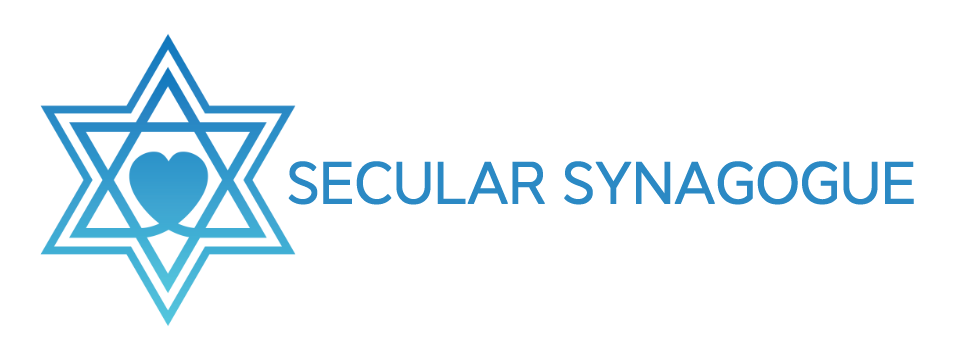Adar, Refugee Shabbat, and the Two Coins
Tonight is a special Shabbat: It is the 7th annual Refugee Shabbat (HIAS). Right now we are seeing terrifying scapegoating of immigrants and refugees. This is a Jewish issue. Biblically we are told “You shall not oppress a stranger, for you know the feelings of the stranger, having yourselves been strangers in the land of Egypt” (Exodus 23:9). More than that, we are known as the wandering Jews, having experienced exile and displacement for centuries. I hope you will spend some time tonight/tomorrow donating, advocating, and contemplating how to be a good neighbor and how to help change the terrible narrative about immigrants and refugees currently circulating. Ultimately, xenophobia and fear of the stranger has always and will always result in hatred of Jews as well. For ourselves and for the sake of upholding Jewish values we need to act on this issue.
Tonight is also Rosh Chodesh Adar, the new month of Adar. The month of Purim is a month that is traditionally one to bring in joy and delight. For many right now it is a very tall order to try to experience a ton of joy. But sometimes it can be a little kavannah (intention) to experience simple pleasures, small joys, and any of the light and delight that we can find in a day. For me lately that has looked like slowing down to really enjoy my morning coffee, smiling when I pass a school and hear kids laughing, and intense gratitude at a friend who showed up with a wonderful care package of delicious treats that we got to share. There is a lot of hardship in the world right now. Adar is an invitation to joy where we can find it and also where we can create it.
Which brings me to the story of the two coins or pieces of paper (I’ve heard the story both ways). Thanks to my friend/colleage Rabbi Susan Shamash for this explanation:
The story is that Rabbi Simcha Bunim of P’shiskha taught that everyone should have two pockets, each containing a slip of paper. On one should be written: I am but dust and ashes/אָנֹכִי עָפָר וָאֵפֶר, and on the other: The world was created for me/בשבילי נברא העולם. Rabbi Bunim taught that, from time to time, we must reach into one pocket or the other. The secret of living comes from knowing when to reach into each.
The first phrase was spoken by Abraham when he realized that he was bargaining with God over S'dom (סדום) and `Amora (עמורה) - Sodom and Gomorrah: Genesis 18:27
The second phrase is from the Talmud, illustrating that we are all unique individuals, though we are formed from the same mould: BT Sanhedrin 37b.
When my friend brought over that care package, she did it to increase my joy but I think it also increased hers. It feels good to help others to feel good. I see this in the Secular Synagogue community when people post that they are sick or struggling, others offer listening ears, practical help, resources, etc. Everyone benefits. It can be a great mitzvah to allow others to show up for you.
I think a lot about the tension between self-care and community-care. We need both but the latter is far more effective when we are dealing with systems of injustice and oppression. We can’t fix ourselves or fix the world alone.
The two coins remind us that sometimes we must focus inwards and sometimes outwards; sometimes focus on humility and sometimes on humanity. Each of us is a precious miracle. Each of us is a speck on a big blue dot.
That’s why I think it’s such a joy (yes, joy!) that Rosh Chodesh Adar and Refugee Shabbat coincide. If we are finding it hard to find our joy, maybe showing up for others is the way in. Do a little action, eat a little challah, have a little nap, write a little letter to your elected representative, show up with a little care package, sip a little coffee.
There is a moment in the Purim story when Mordecai tells Esther that this, the moment of great threat and possible violence, was perhaps the moment for which she was created (Esther 4:14). We are living in tough times. But this is our time. We are here now. The world is calling us now. We can’t keep showing up unless we find joy (cue Emma Goldman). So let’s do our best to find it in ourselves and in each other.
This is an image created by my daughter for Purim last year. It says “Perhaps this is the moment for witch you have been created. I love you mom. Happy Purim”. She didn’t intend this (mis)spelling of “which” to “witch” but given the feminism and power of the Esther story I love it! This picture brings me joy and delight!

